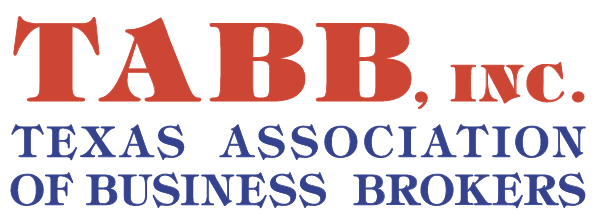 If you’re considering buying a business of your own, it’s natural that you would have lots of questions about the process.
If you’re considering buying a business of your own, it’s natural that you would have lots of questions about the process.
I’ve been a business broker for over three decades. During these enjoyable times, I’ve had the opportunity of assisting many individuals in achieving their goal of owning a business of their own.
In this work, I’ve found that many buyers of businesses have the same questions. So I thought I’d list those questions that I’m most frequently asked along with my responses.
Why would a good business be for sale?
Answer by William Bruce: I have found that some buyers think that if a business is for sale, there must be something wrong with it. This is sometimes true, but most businesses are for sale for legitimate reasons including retirement, health problems, family issues and burnout. Burnout after many years of operating a business is real. I experienced it years ago after owning a heavy equipment dealership for almost 20 years.
How will I know if the asking price of the business is reasonable?
Answer by William Bruce: This is a very good question. There are fairly simple guidelines for closely estimating the value of many types of small to medium size businesses. These rules-of-thumb vary by category of business, but usually seek to estimate value (1) by applying a percentage to gross annual revenue of the business or (2) applying a multiple to the discretionary earnings of the business.
For example, we know that a full-service restaurant will most likely be valued at around 30 percent of gross annual revenue, assuming that the bottom line earnings support that appraisal number.
We also know that the majority of businesses will appraise for somewhere in the range of 2 to 3.5 times discretionary earnings. As just two examples, a retail gift shop will appraise at approximately 2.5 times discretionary earnings plus inventory at cost, and a lawn maintenance business valuation will average about 2.75 times discretionary earnings.
Written and fully documented business valuations are also available for a reasonable cost from several highly respected national business valuation firms.
For further reading on this issue, please see this article.
What are discretionary earnings? Is it the same as cash flow?
Answer by William Bruce: The terms “discretionary earnings” and “cash flow” are used interchangeably by business buyers, sellers and brokers to refer to the total owner’s benefit from owning the business, regardless of how the owner takes the money out of the business (salary, draws, perks, etc.). It’s the cash left over after only the necessary operating expenses of the business are paid.
CPAs sometimes refer to the process of computing discretionary earnings as “normalizing” the profit and loss statement. The computation removes the camouflage from the bookkeeping practices of most business owners.
For an article on how to compute discretionary earnings, please see this article.
How do I finance the acquisition of a business?
Answer by William Bruce: There are five possible sources of financing for buying a business including (1) banks, (2) SBA-guaranteed loans, (3) the seller of the business, (4) family and (5) in recent years a new program that allows you to use your 401(k) or IRA funds to buy a business without an early withdrawal penalty.
For a discussion of the pros and cons of each of these options, please see this article.
How much down payment do I need?
Answer by William Bruce: It depends on several things but between 25 and 35 percent should suffice in most situations. You should also have in reserve for working capital about two months operating expenses of the business to get you comfortably over the initial timeframe.
What is due diligence?
Answer by William Bruce: Due diligence is a fancy term. In practical use, it can be summarized as that phase in the purchase of a business when you have access to all the books and records of the business (1) to verify the accuracy of the information that you’ve previously been furnished and (2) to make sure that there are no serious, undisclosed problems with the business. It’s customarily done after a buyer and seller have agreed upon price and terms, with the completion of the transaction fully contingent upon a satisfactory due diligence investigation.
For a more thorough explanation, please see this article.
For a comprehensive discussion of these and other issues involved in buying a business, you can order William Bruce’s complimentary 62-page booklet “How to Buy a Business in a Safe & Organized Way.” The booklet walks you through step-by-step the process of buying a business to make sure you get what you pay for. To order, please click here.
* * *

















Excellent information! Thanks Will!🇺🇸🇺🇸
Thanks, Patrick. Appreciate your comments.
Hello William,
Was going through the article what’s franchise really worth. Seems like the quick rule of thumb and reference percentages are from 2013.
Do you have an updated list available?
Thanks
Sunny
Sent from my iPhone
Sunny, in what franchise are you interested? I can try to look it up for you.